How, and to what extent, you can overcome vertigo-type symptoms will depend on your diagnosis. There are a dozen different kinds of balance problems so outcomes will differ depending on which disorder you may have. Doctors specialized in ear, nose, neck, and throat disorders or neurological diseases can help recovery from balance problems.
An examination will be detailed as doctors need to rule out a number of possible causes of balance problems. However, one of the key treatments for people who feel dizzy, or are unsteady on their feet, is rehab therapy. The most common intervention is physical therapy, but occupational therapy can help people cope with their condition, too.
Can You Recover From Balance Problems?
In many cases improvements can be achieved with tailored rehab therapy. Physical therapy can help keep you active, adapt to unsteadiness and poor balance and compensate for imbalance. One of the things therapists try to achieve as a minimum is reducing the risk of a fall. This can sometimes be achieved with assistive devices like canes.
Doctors will want to assess your medications in case they may be aggravating your condition. They may also be able to provide medication that facilitates recovery from balance problems. Generally speaking, however, medication only works up to a point and in some specific circumstances. Emotional support, the removal of trip hazards, and tailored exercise may be considered part of rehab.
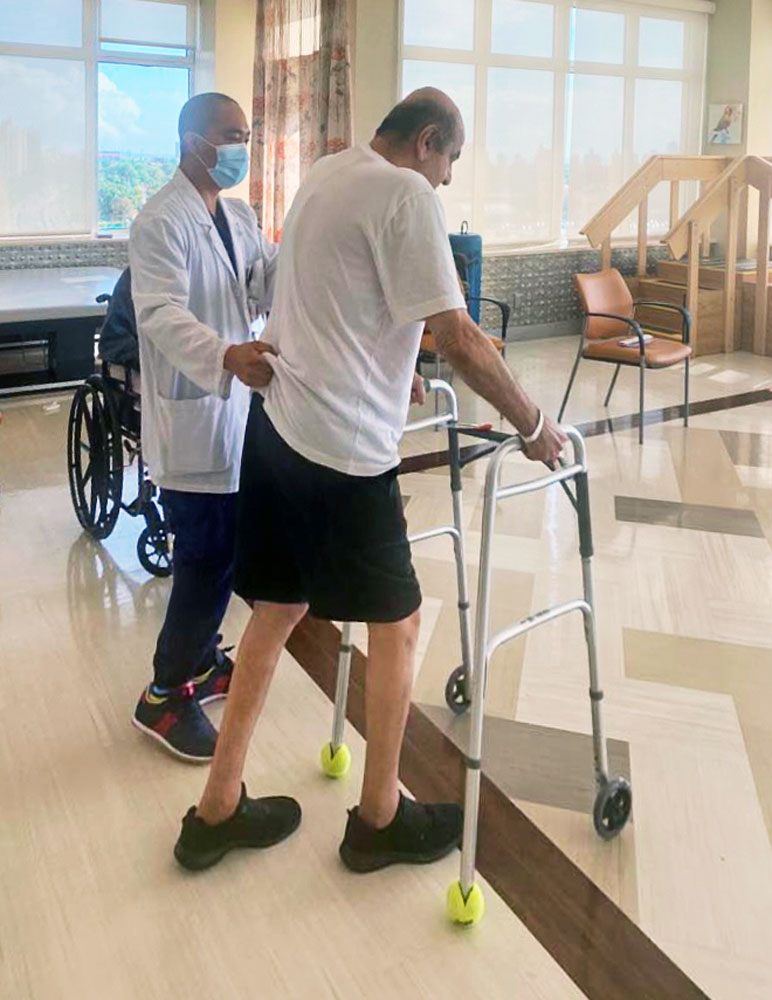
Can balance problems be cured?
While there is no direct cure for most balance problems, significant improvements are possible. Vertigo and dizziness are often associated with hearing and inner ear problems. If your doctor suspects this to be a problem, he/she will conduct a range of tests to determine treatment.
Meniere’s disease affects balance and is a disease that may benefit from surgery. The procedure precisely targets a tumor with radiation, without the need for an incision. For many other diagnoses, balance retraining exercises, combined with lifestyle and dietary changes, often work best. With perseverance, such an approach can help you recover from balance problems.
How long does it take to improve balance?
Even though some patients with a balance disorder will never make a full recovery from balance problems, they will need to find ways to cope with the problem, and here, restorative therapies can help. Physical therapy can do wonders for balance and correction issues. Occupational therapy is also great. This involves one-on-one targeted training and practice to help cope with the activities of daily living. Vestibular rehabilitation therapists are experienced in this kind of work with individuals.
It’s not possible to determine how long rehab therapies and other interventions will take to have a positive effect. Severe cases may require life-long rehab to minimize the risk of a fall and help you cope. Recovery depends on your medical history, age, and specific type of balance problem.
https://www.mayoclinic.org/diseases-conditions/balance-problems/diagnosis-treatment/drc-20350477
This content comprises informative and educational resources only and can not be considered as a substitute for professional health or medical guidance. Reliance on any information provided in this article is solely at your own risk. If you have any inquiries or apprehensions about your medical condition or health goals, talk with a licensed physician or healthcare provider.

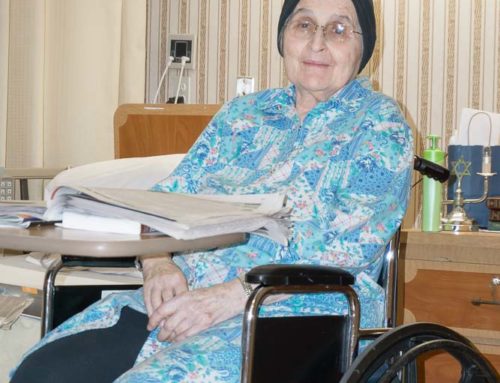

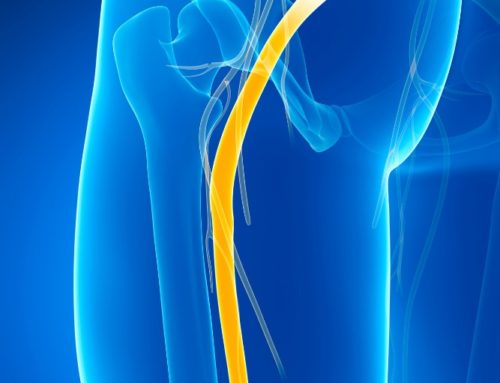
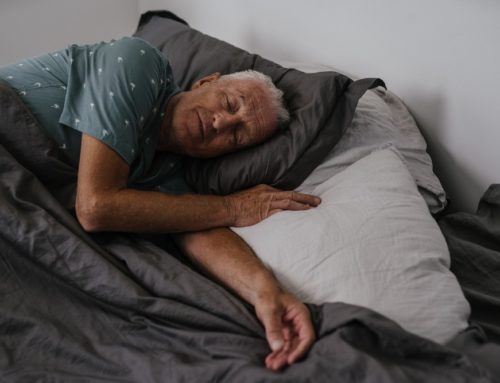
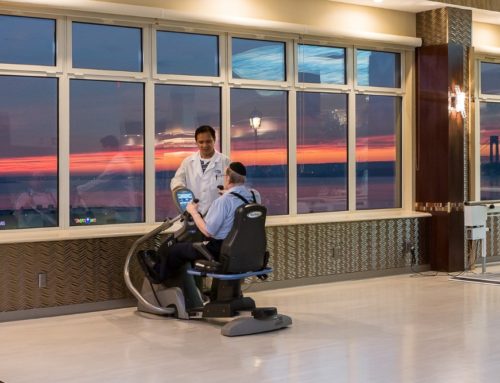
Leave A Comment